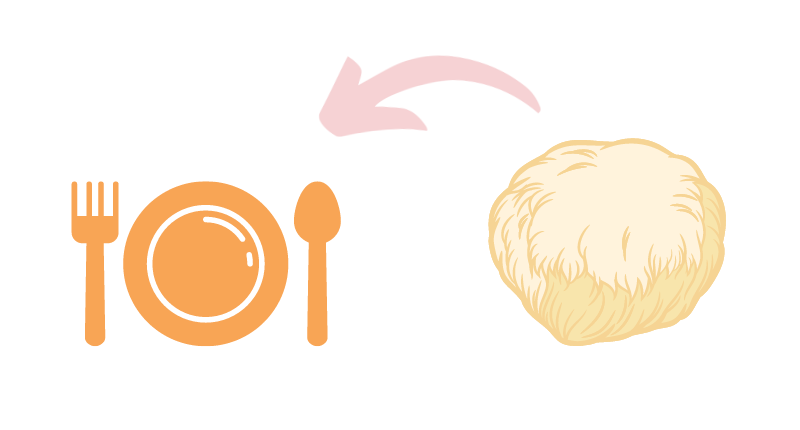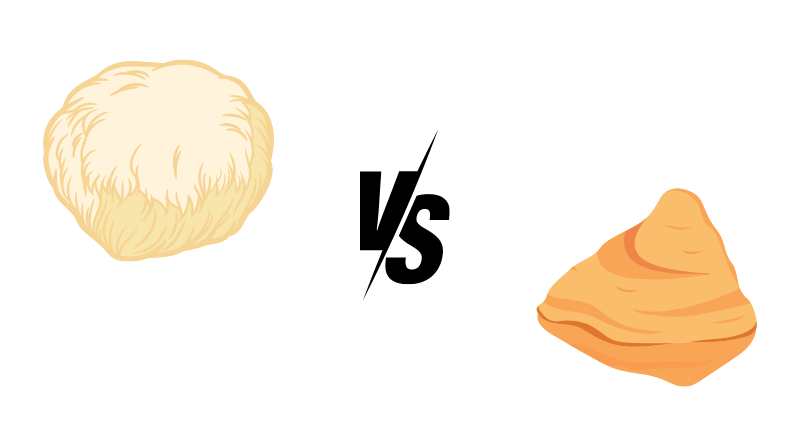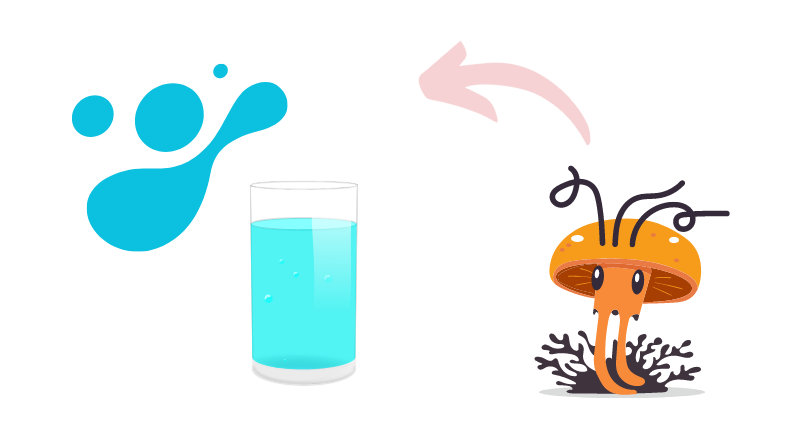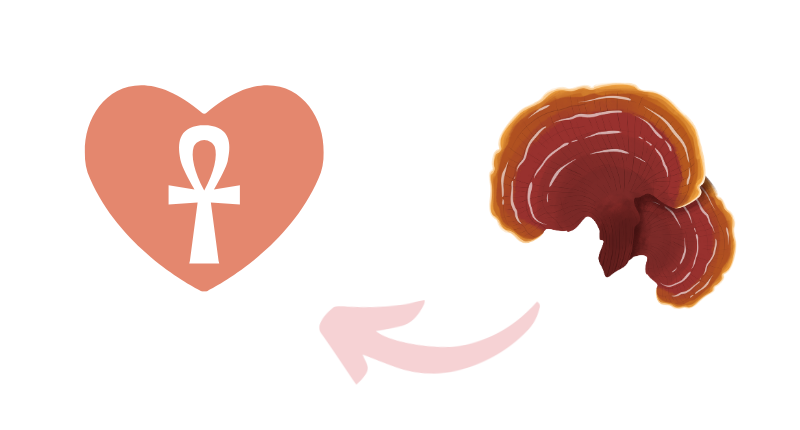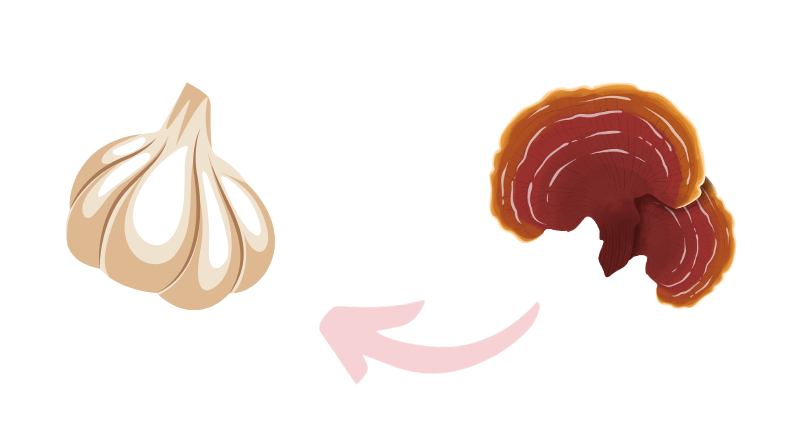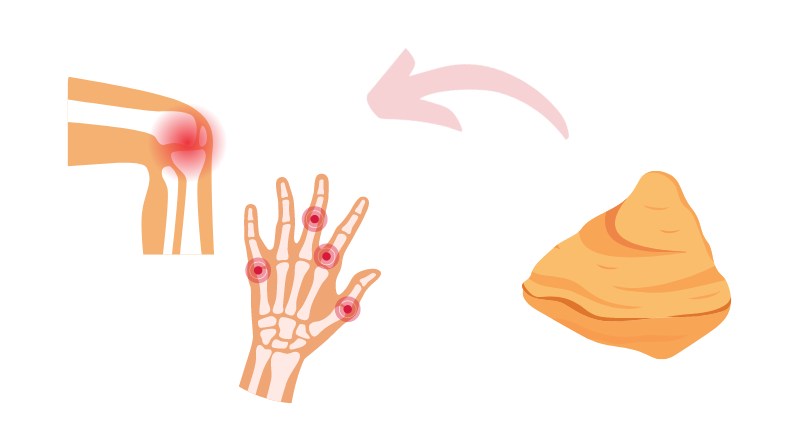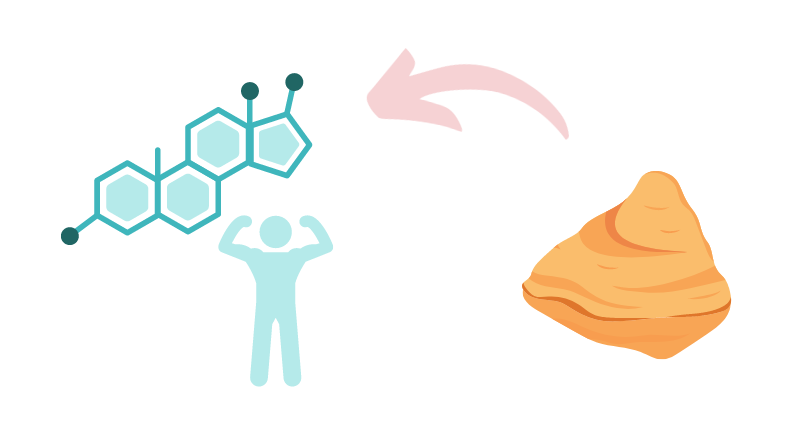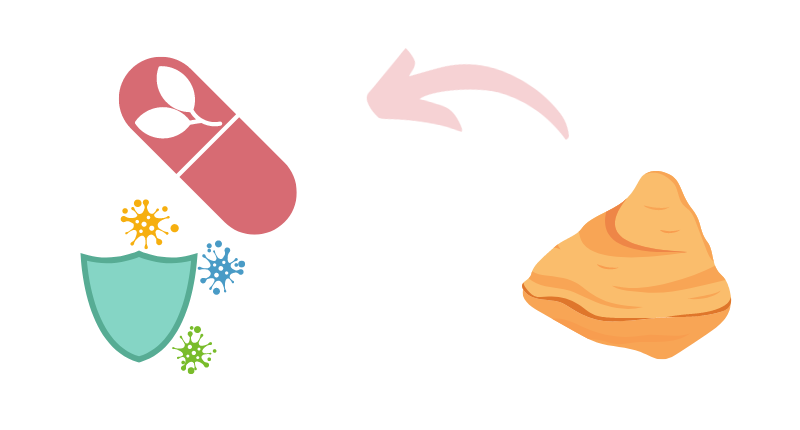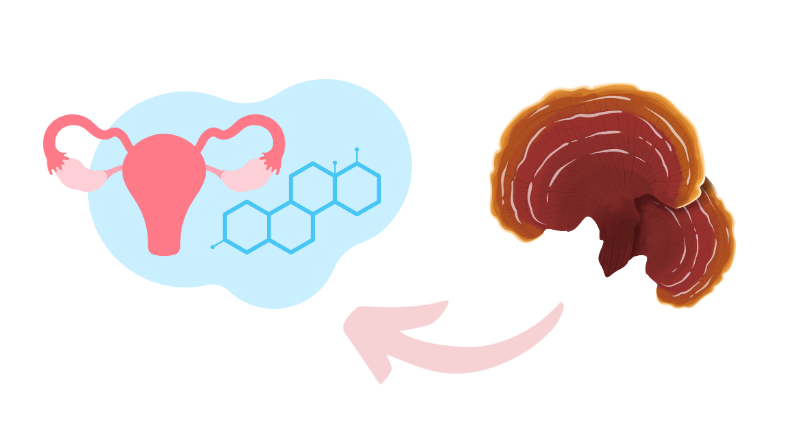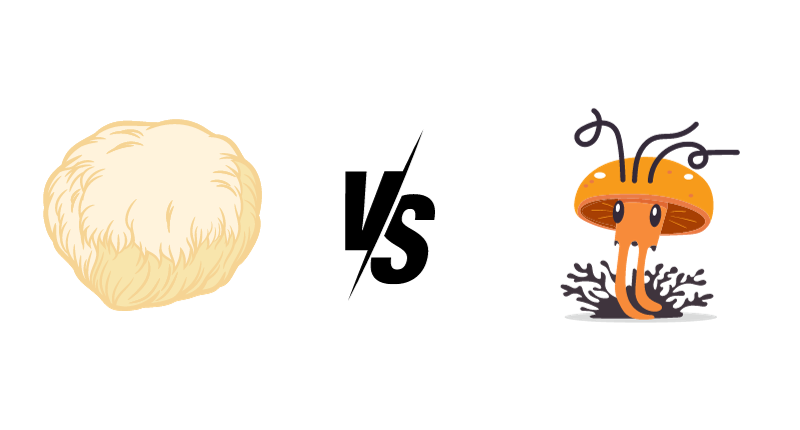The fascinating world of mushrooms provides us with a number of miraculous wonders, each having their own individual advantages and magical tales nurturing from former cultures. The Lion’s Mane mushroom is a standout not only because of its unique looks and healing qualities, but also for its path from the wild forests to the modern supplements.
This in-depth examination investigates whether Lion’s Mane mushrooms are edible raw, their role in Asian medicine and their transformation into a renowned health supplement.
THE LION’S MANE MUSHROOM
Lion’s Mane mushroom also known as Hericium erinaceus looks like a white pom-pom or a lion’s flowing mane. This incredible fungus is known for its unusual appearance as well as nutritional and health benefits.
Frequent in the wild, growing on hardwoods in temperate forests throughout North America, Europe, and Asia, this mushroom has a culinary and medicinal history that can be traced back to ancient times.
CULINARY ASPECTS: RAW OR COOKED?
A common question posed by enthusiasts and health-conscious individuals is: Is it okay to eat the Lion’s Mane mushroom raw? The answer is in its body and taste. Although it is ok to eat in raw form, Lion’s Mane has a sea food style flavor, often like crab or lobster, which is improved when cooked.
When mushrooms are cooked, their flavor is significantly increased, and they are also much friendlier to the digestive system – raw mushrooms contain chitin, a fiber that is harsh on the stomach.
LION’S MANE MUSHROOM RAW VERSUS LIQUID EXTRACT SUPPLEMENTS
The choice between raw Lion’s Mane mushrooms consumption and liquid extract supplement use requires understanding the benefits the two forms deliver. However, each approach offers important health benefits which are specific to certain needs and preferences.
Let’s focus on the comparison of eating raw mushrooms versus a specified, liquid extract such as Dr. Mush Me’s Lion’s Mane Drops.
RAW NUTRITIONAL VALUE
Raw Lion’s Mane mushrooms offer a unique set of benefits:
Natural Complexity
When you consume the mushroom in its raw form you are getting all the natural compounds that occur in the mushroom such as proteins, fibers, vitamins and minerals among the bioactive components.
Digestive Health
The fibre found in raw mushrooms may help in digestion and support healthy gut, but that the chitin found in raw mushrooms can be a challenge for some people to digest.
Whole Food Benefits
Whole foods is often advised as part of a balanced diet and raw Lion’s Mane is no different, offering a variety of nutrients in their natural form.
ADVANTAGES OF LIQUID EXTRACT SUPPLEMENTS
In contrast, liquid extract supplements, such as those offered by Dr. Mush Me, are designed to maximize the medicinal potential of Lion’s Mane:
Concentrated Bioactive Compounds
In supplements including Lion’s Mane Drops, the extraction method used is aimed at boosting the bioactive substances such as hericenones and erinacines that are believed to promote nerve growth and cognitive function.
Bioavailability
When compared to raw mushrooms, liquid extracts are usually more bioavailable. This indicates that the body can assimilate and use the beneficial compounds of the mushroom in a better way.
Consistency & Convenience
Supplements are manufactured in a controlled environment, so that a quality product with the same potency and purity can be maintained. They are also more convenient to consume daily and include into the daily routine, particularly for those who dislike the feel or flavor of raw mushrooms.
SELECTING ACCORDING TO HEALTH GOALS
The preference to consume Lion’s Mane raw or in a liquid extract can be driven by a number of factors such as individual health goals, dietary preferences, and gut health. Mushrooms are a whole food, providing a broader spectrum of nutrients that can promote general health, while liquid extracts is a convenient and potent form of what many use medicinally.
Raw Lion’s Mane mushrooms and liquid extracts such as Dr. Mush Me’s Lion’s Mane Drops both have their role in a health-conscious lifestyle. Knowing the specific characteristics and advantages of each can assist people in choosing which one is best for them and their health status.
Whether adding the raw form to dishes for its nutritional value or consuming a liquid extract for the targeted support, Lion’s Mane is a flexible and potent contribution to a person’s health ritual.
The detailed research presents an eye-opening view of the Lion’s Mane mushrooms that proves their importance from the aspect of cuisine, healing and culture. However, as research develops, the potential of this incredible mushroom increases, bringing even more innovations in health and medicine.
USE CASES & PRACTICALITY
- Daily Supplementation: A standardized extract can be used by those trying to support certain health goals, for example cognitive enhancement or immune support, since it ensures that they get a constant dose of the active ingredients.
- Culinary Variety: Raw Lion’s Mane is a versatile mushroom that can be used in many dishes and is known for its meaty texture and fish-like flavor, which brings diversity to the diet.
- Adverse Reactions: The fibrous nature of raw mushrooms might be hard to digest for some people and result in gastrointestinal discomfort. When the patient has to take the medication sublingually, a liquid extraction would be a better solution.
MORE READING: REISHI MEDICINAL MUSHROOMS
MEDICINAL BENEFITS & SUPPLEMENTATION
Here is what we know:
NERVOUS SYSTEM HEALTH & COGNITIVE FUNCTION
The neuroprotective activity of Lion’s Mane has been praised. Research has indicated that its compounds could activate the production of nerve growth factors, which may help in the prevention of neurological diseases including dementia and Alzheimer’s.
IMMUNITY & ANTI-INFLAMMATORY EFFECTS
The mushroom is also a source of antioxidants as well as polysaccharides, which strengthen the immune system and provide anti-inflammatory effects. This characteristic makes Lion’s Mane a recommended supplement for those who want to increase their general health.
FROM NATURE TO FOOD ADDITIVE
Modern supplements, such which are found at Dr. Mush Me, have high-potency extracts of Lion’s Mane. They are laboratory-tested, so you know you are getting a pure and potent product in an easy to use form, making it easy to incorporate the health benefits of Lion’s Mane into your daily routine.
CONCLUSION
It is true that Lion’s Mane mushrooms can be eaten raw, although they are usually cooked to improve their taste and digestion. From its humble beginnings in the wild to today, when it is known as a superfood, Lion’s Mane is one of the most interesting mushrooms for researchers and health enthusiasts.
The deep effects of this plant on cognitive health and immune support, together with its background as part of Asian medicine, make it a very distinctive and important ingredient in the natural health toolbox.
REFERENCES
- Mori, K., et al. “Nerve growth factor-inducing activity of Hericium erinaceus in 1321N1 human astrocytoma cells.” Biological & Pharmaceutical Bulletin, vol. 31, no. 9, 2008, pp. 1727-1732.
- Friedman, M. “Chemistry, Nutrition, and Health-Promoting Properties of Hericium erinaceus (Lion’s Mane) Mushroom Fruiting Bodies and Mycelia and Their Bioactive Compounds.” Journal of Agricultural and Food Chemistry, vol. 63, no. 32, 2015, pp. 7108-7123.
- Li, I.C., et al. “Antioxidant and Anti-Inflammatory Activities of Six Mushrooms.” Journal of Medicinal Food, vol. 21, no. 4, 2018, pp. 376-384.
- Zhang, C.C., et al. “A Comprehensive Review of the Structure Elucidation and Biological Activity of Triterpenoids from Ganoderma spp.” Molecules, vol. 19, no. 10, 2014, pp. 17478-17535.

